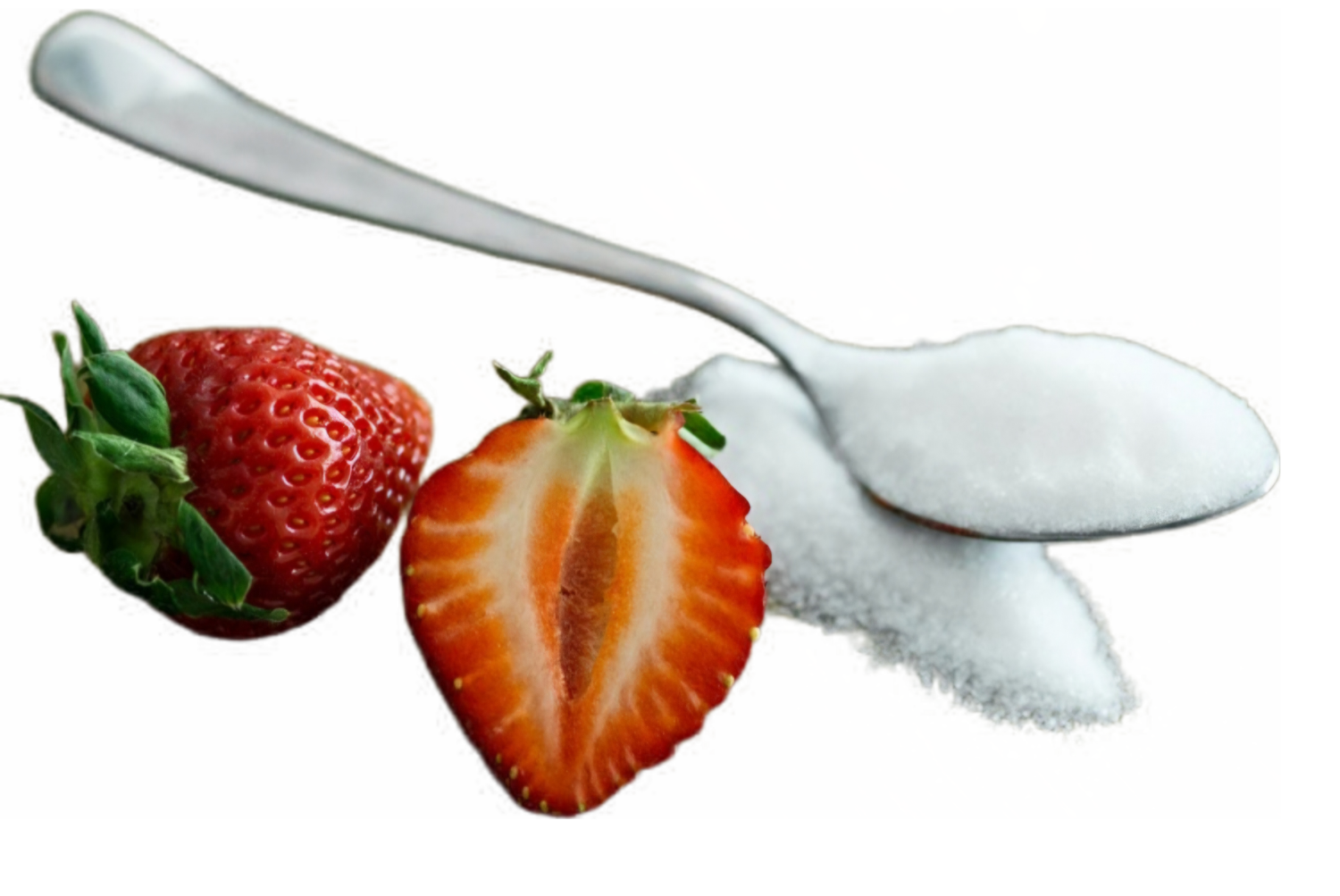
Fluid intake during meals
Store AllulosePage audition
Moderate but regular fluid consumption during meals is more beneficial for blood sugar levels than drinking too little or drinking too much water quickly.
Both extremes can have a negative impact on blood sugar balance.
Drinking little fluid
- Low fluid intake leads to blood concentration, which can increase blood sugar levels because glucose is present in a smaller volume.
- In the long term, chronically low water consumption increases the risk of diabetes and other metabolic disorders.
- Without hydration, the excretory organs (kidneys) are less effective at removing excess glucose.

Excessive fluid intake during meals
- Drinking large amounts of water at once can dilute digestive enzymes, thereby slowing digestion and affecting nutrient absorption.
- Drinking large amounts of fluid quickly may temporarily reduce appetite, but it does not improve blood sugar regulation and is an excessive burden on the kidneys, stomach, and lungs.
- It is recommended to take a few sips of water during meals, continuously, not all at once, to support digestion and avoid blood sugar fluctuations.
Optimal fluid intake
- It is recommended to drink an adequate amount of clean water (usually 1.5–2.5 liters) daily, evenly distributed, including during meals.
- In a well-hydrated body, the ratio of glucose to water is optimal, so fluctuations in blood sugar levels are moderate.
- A moderate amount of water (a few sips) during meals aids digestion but does not cause a rise in blood sugar.
Summary
- Low fluid intake: blood sugar becomes concentrated, increases, metabolism deteriorates.
- Too much water at once: digestion worsens, appetite decreases, but blood sugar control does not improve.
- Moderate, consistent water consumption: helps maintain healthy blood sugar levels during meals.
The ideal, healthy practice is to drink moderate amounts of water with meals, supporting both digestion and stabilizing blood sugar levels.
Another great help in stabilizing blood sugar levels is Allulose Sweetener .

